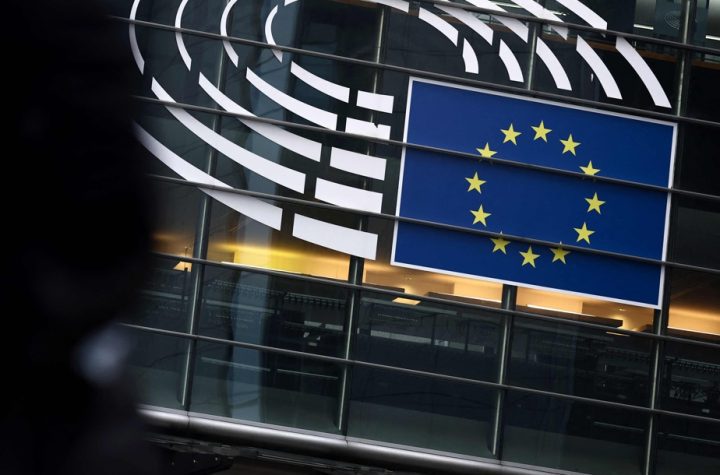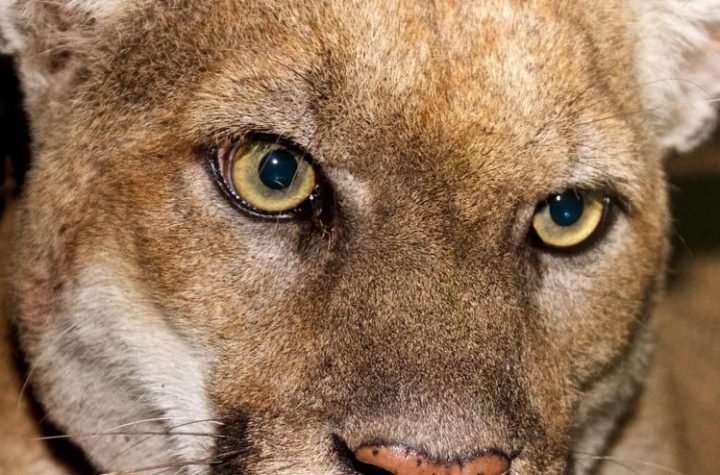
(OTTAWA) The Canadian Embassy in China will soon have a new tenant: The Trudeau government has handed the keys to career diplomat Jennifer May, the first woman to hold the key post. After dropping off her suitcases, she plans to visit Xinjiang to see for herself how the Uyghurs are treated.
Posted at 7:00 am
The diplomat, who holds a degree from Laval University and speaks impeccable French, has more than three decades of experience in Canadian missions in Hong Kong, Thailand, Germany, Brazil and China.
She said she hopes to get to Beijing “as soon as possible” for someone whose profile differs from Justin Trudeau’s last two picks for the assignment — John McCallum, a former Liberal minister, and Dominic Barton, a former consultant at McKinsey. In the interview.
I come wide-eyed. The situation of three or four years ago is not ours. We had a very difficult experience [avec l’emprisonnement des deux Michael]. I want a direct, clear and transparent dialogue with China on all issues.
Jennifer May, Canada’s ambassador-designate to China
Issues like human rights in Xinjiang, where Jennifer May wants to go.
“It’s part of my plans,” she said.
“I was in charge of human rights files when I was in China between 2000 and 2004. I traveled to Tibet and across the country, but unfortunately I didn’t have the chance to go at that time,” the outspoken diplomat continues. Mandarin.
The House of Commons passed a Conservative motion in February 2021 that acknowledged the existence of genocide against Uyghurs, but Trudeau’s cabinet members were all absent.
In early September, the UN High Commissioner for Human Rights, Michelle Bachelet, released a report accusing Beijing of “gross human rights violations” and “crimes against humanity.”
“This is a preliminary report. As China’s ambassador, I will continue to try to counter these actions […] and continue measures such as bans on imports of products derived from forced labour,” commented Smt.me May
tight ties
Disputes over Sino-Canadian relations have intensified in recent years. The Trudeau government wanted to get closer to the Middle Kingdom when it came to power in 2015, even going so far as to lay the foundations for a free trade agreement, but nothing materialized.
The case of Meng Wanzhou, who was arrested in Canada at the behest of the United States, poisoned that relationship, leading to the arbitrary arrests of Michael Kovrig and Michael Spaver and trade embargoes on canola and beef imports.
Recently, Ottawa blocked access to Huawei for 5G network deployment.
The Chinese government was not happy about this.
“That too will be decided by them [quelle sera la relation]. But we will dispute when it is necessary to do so […] But, also, we will cooperate in the environmental sector, which is necessary, and I believe that the Chinese will try to cooperate with us,” supports Jennifer May.
Indo-Pacific Strategy
Ambassador Melanie Joly, Canada’s foreign minister-designate, is working on Canada’s much-anticipated Indo-Pacific strategy, which, according to our information, should be known by the end of this year.
“It is clear that China, being the largest country in Asia, will have a key place in the strategy. Not only because of that, but because it is a key partner for other countries in the region,” she noted.
There are apparently other files on the designated ambassador’s desk, including disputes between China and Taiwan. On this matter, Canada’s position has not changed: we want to escalate.
In collaboration with Joel-Denis Belavens, Press









